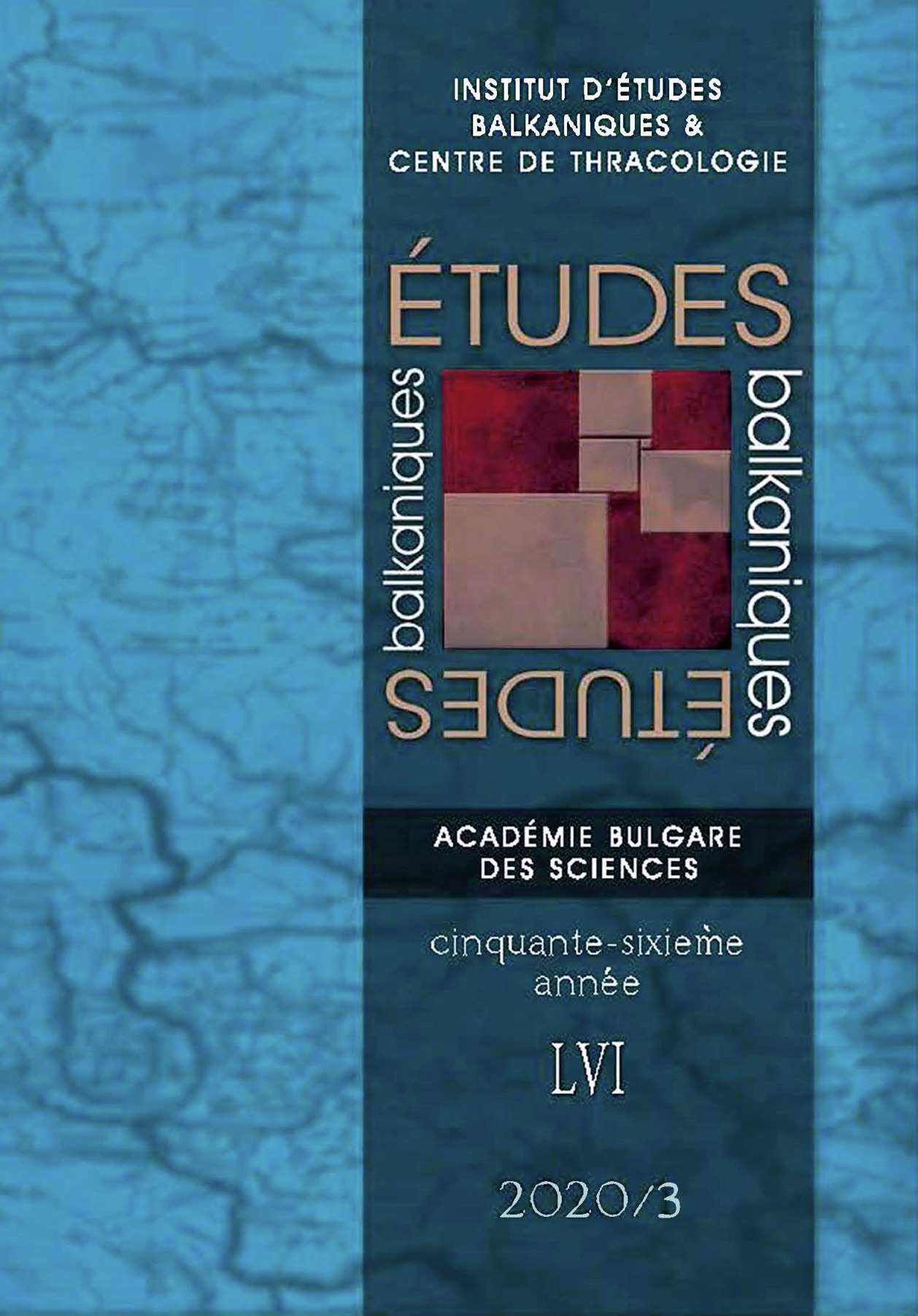ORTHODOX CHRISTIANS WITH SPECIAL OBLIGATIONS IN THE BALKAN TOWN. URBAN VOYNUKS AND FALCONERS IN THE 16th CENTURY
ORTHODOX CHRISTIANS WITH SPECIAL OBLIGATIONS IN THE BALKAN TOWN. URBAN VOYNUKS AND FALCONERS IN THE 16th CENTURY
Author(s): Krastyo YordanovSubject(s): History, Economy, National Economy, Comparative history, Economic history, Ethnohistory, Social history, Modern Age, Special Historiographies:, 16th Century, The Ottoman Empire
Published by: Институт за балканистика с Център по тракология - Българска академия на науките
Keywords: Ottoman Registers; Voynuks; Falconers; Balkan Towns; Central Balkans; Orthodox Bulgarians.
Summary/Abstract: The fate of the representatives of these two categories of population in three towns of today’s Bulgaria (Plovdiv, Sofia and Vratsa) is followed in the article on the basis of several unpublished Ottoman registers of voynuks and falconers from the Central Balkans from the 16th century. Their social and economic status, as well as their service lands, and their ethnoreligious and organizational structure are examined. As far as the source basis allows it, an attempt was made to show the reflection of the urban life on the livelihood and the way of living of these Christians. Although voynuks and falconers were predominantly rural population, permanently bound to agriculture through their service lands (bashtinas), in the 16th century we also find their presence in the towns of the Central Balkans and, in particular, in the Bulgarian lands. Some of the voynuks and falconers had actually been residents of the towns for a long time. But data from the registers shows that most of these people were in fact migrants from villages in the region around large towns which were directly linked to town markets. Very often the service lands of voynuks and falconers were still in one of the nearby villages, although their owners had permanently settled in towns. It is possible that those voynuks and falconers, who had long lived in towns, also had rural descent. As the voynuks and falconers who settled in towns were predominantly Orthodox Bulgarians, their settlement was around the roads on which towns were gradually becoming Bulgarian or the numbers of the Bulgarian Orthodox community was kept constant. Voynuks and falconers who permanently settled in towns adapted to the town’s trade and artisanal lifestyle. This is proved by the fact that sometimes their service bashtinas included their trade and craft shops and only a few vineyards, orchard and vegetable gardens in the complete absence of arable lands ( fields). This shows that they relied entirely on craftsmanship, trade and the markets of large towns to provide for their families.
Journal: Études balkaniques
- Issue Year: 2020
- Issue No: 3
- Page Range: 515-538
- Page Count: 24
- Language: English
- Content File-PDF

